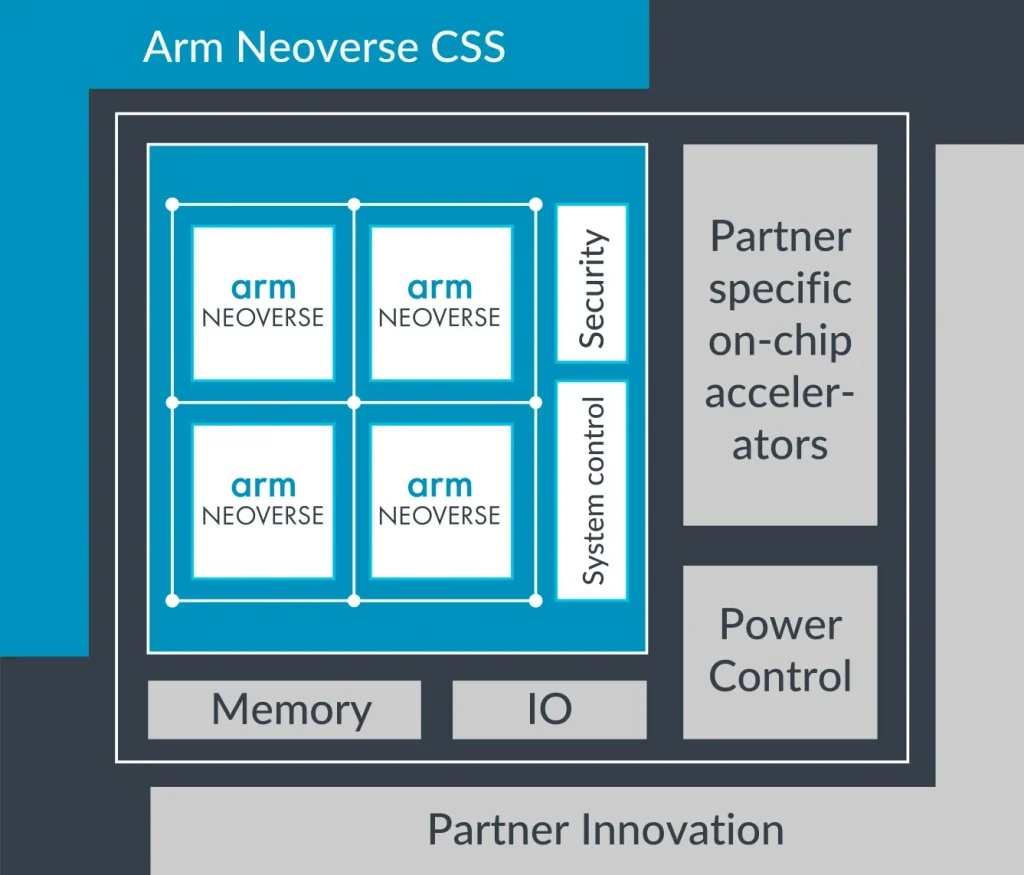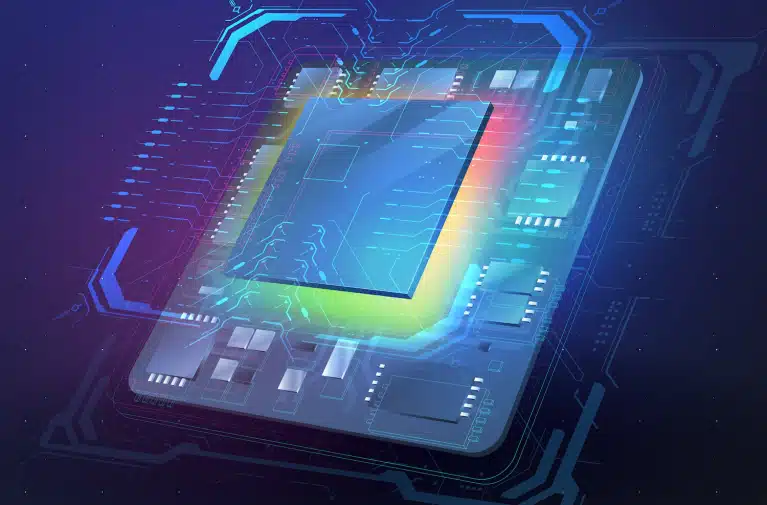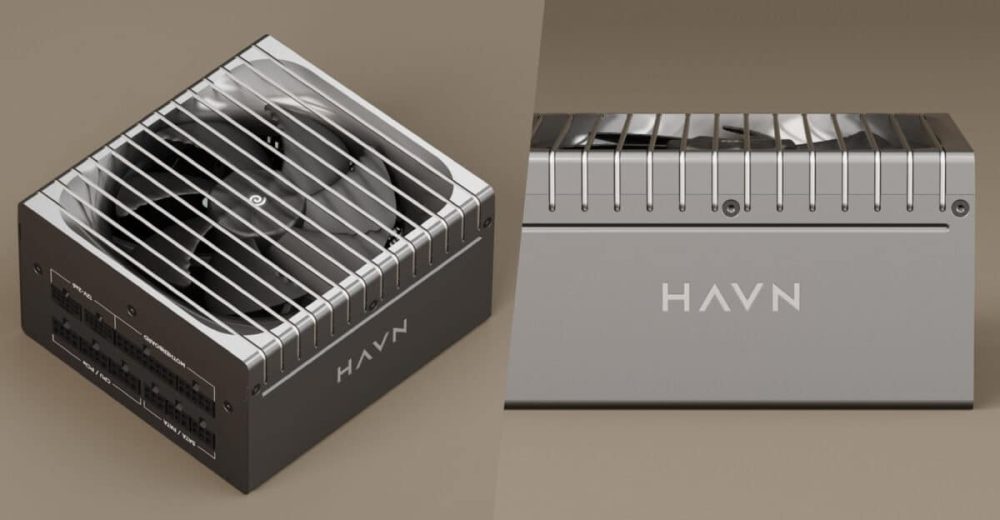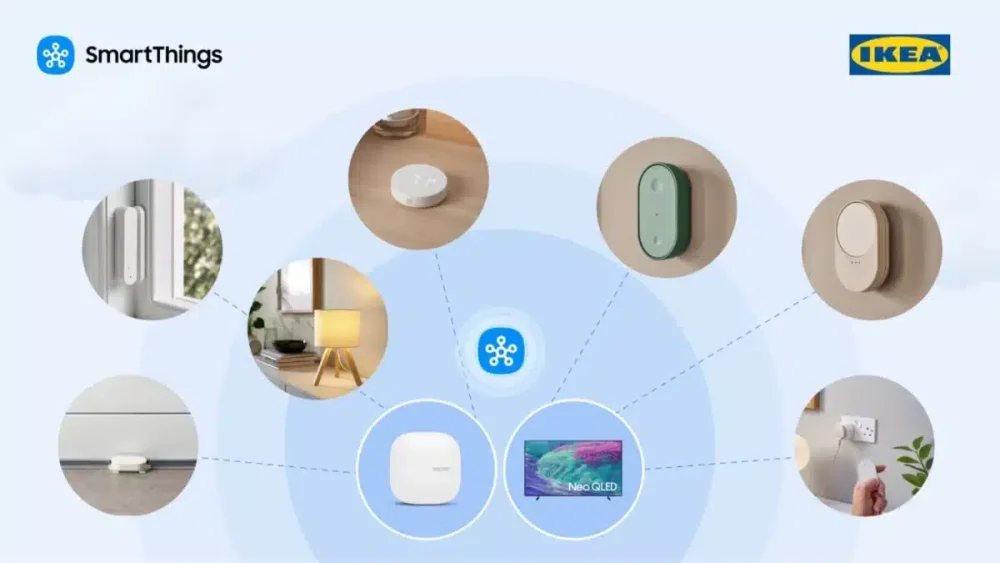The rise of artificial intelligence (AI) is sparking significant changes in the semiconductor industry. AI-driven applications like data centers, high-performance computing (HPC), and smart devices are pushing the boundaries of chip design, requiring new skills and technologies. Here’s how four key collaborations redefine AI chip development and what it means for IT professionals.
LG Partners with Tenstorrent for Smarter AI Chips

Tenstorrent CEO Jim Keller joined LG CEO William Cho at the LG Twin Towers in Yeouido, Seoul, to announce AI chip collaboration.
LG Electronics has partnered with Tenstorrent to boost its AI chip development capabilities. This partnership aims to integrate LG’s expertise in system design with advanced AI software and algorithms, enhancing AI-powered home appliances and intelligent solutions.
Tenstorrent, a leader in semiconductors for AI, will help LG stay competitive in the fast-evolving AI landscape. LG has established a dedicated R&D center for system-on-chip (SoC) design to support this effort, focusing on cutting-edge AI technologies.
Arm-Based AI Chiplets by Egis and Alcor Micro
Egis Technology and Alcor Micro are developing advanced chipsets using Arm’s Neoverse Compute Subsystems (CSS). These chipsets aim to meet the growing demand for high-performance computing and generative AI applications.

Neoverse Compute Subsystems (CSS) offers a speedier way to produce Arm-based chips by including more pre-validated components besides processor cores. Source: ARM
The collaboration combines Egis’ expertise in chipset architecture, Alcor’s packaging technologies, and Arm’s pre-validated Neoverse CSS V3 platform. This integration allows for faster, more scalable AI chip production, paving the way for innovative AI servers.
OpenAI Develops Its Own AI Chip
OpenAI, known for its groundbreaking AI models, collaborates with Broadcom and TSMC to create custom chips. These chips are designed to handle the massive computational demands of training and inference, which are critical processes in AI.
With a dedicated team of expert designers, including veterans from Google’s TPU projects, OpenAI’s move toward in-house chip design signals a trend among tech giants to gain greater control over their hardware.
Sondrel Secures a Major HPC Chip Project
UK-based Sondrel has landed a multi-million-dollar contract to design a high-performance computing (HPC) chip. These chips are essential for AI applications requiring massive computational power, such as data centers and scientific modeling.

In HPC chips, it’s imperative that data flow is balanced and that processors are not stalled waiting for data. Source: Sondrel
Sondrel focuses on creating ultra-complex chips with billions of transistors, utilizing advanced memory and high-speed interfaces. This reflects the increasing demand for cutting-edge HPC solutions in the AI era.
AI’s Transformative Impact on Chip Design
AI is not just influencing software; it’s reshaping the fabric of chip design. The demand for innovative semiconductors is accelerating from specialized hardware for smart devices to HPC solutions for data centers. For IT professionals, this means more powerful, efficient, and scalable systems are on the horizon, driving advancements across industries.
What This Means for IT Users
The ongoing evolution in AI chip design opens exciting possibilities for IT users. Businesses can expect more intelligent devices and robust data centers, enabling better performance and lower latency. These innovations could lead to cost savings and improved AI capabilities, impacting everything from cloud services to smart homes. Staying informed about these developments will be critical for IT professionals leveraging the next generation of AI-powered solutions.
Source:.edn.com


